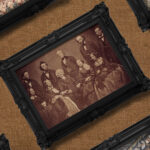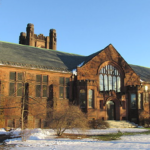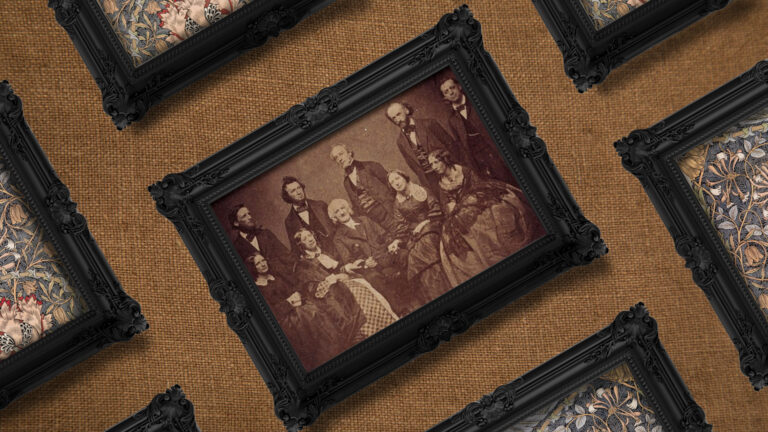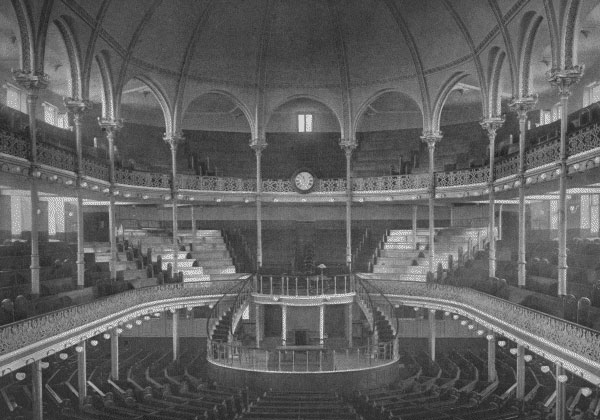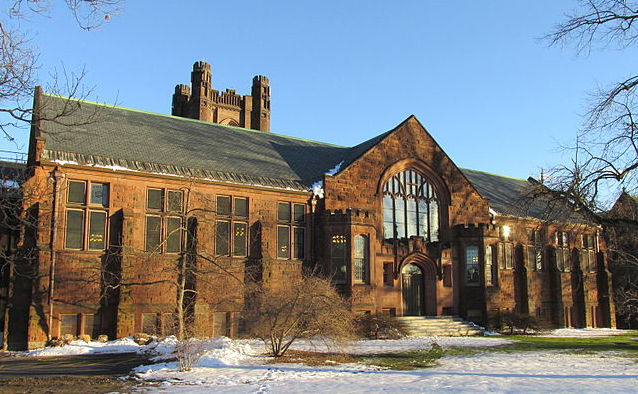One of the most difficult historical questions for Christians is how so many white Christians could have sanctioned slavery. For example, George Whitefield, the premier evangelist of the First Great Awakening, was a slaveowner, in spite of early critical comments he made about the slave system in the American South. Even more troubling, he was a key advocate for slavery’s introduction in colonial Georgia, where it was originally banned.
We know that many Christians, both blacks and whites, were in the front ranks of the abolitionist movement, starting in the era of the American Revolution. So what was Whitefield’s problem? Why didn’t he see the immorality inherent within the slave system, including the rampant manstealing, the physical and sexual abuse of slaves, and the indiscriminate breakup of slave families? Part of the problem is timing: if he had lived longer, he might possibly have been moved by the antislavery views expressed by English evangelicals such as John Wesley and John Newton.
But the fact that many of us are puzzled by Whitefield’s slaveowning and proslavery advocacy also points to our fundamental misunderstanding of white Christians’ views of slavery from the founding of Virginia (1607) to the Great Awakening of the 1740s. As Katharine Gerbner’s outstanding but sobering book Christian Slavery shows, the main alternatives among white Christians during that period in the American colonies (including Caribbean colonies) were not proslavery and antislavery.
The main alternatives were white Christians who opposed Christianizing blacks, especially slaves, and white Christians who supported evangelizing blacks. Black Christians presumably opposed slavery itself in great numbers, but they rarely had the opportunity to express that antislavery view publicly. The idea that Christians could not hold other Christians as slaves, and that Christian slaves could appeal for their freedom on the basis of their religious identity, was a common but not universal concern among whites during the early colonial period. Whites who opposed slavery per se, however, were few and far between.
Gerbner shows that laws in the 1600s often contrasted “Christians” and “negroes” in a way that directly suggested that Africans and African Americans could not be Christians. “Christian” implied “white.” But a few masters allowed a few slaves to receive baptism, undermining any absolute correlation of “white” and “Christian.” Throughout the Protestant colonies of the Western Hemisphere, laws gradually changed to use the term “white” as a substitute for “Christian” by the early 1700s, in a tacit admission that there were in fact some Christian non-whites.
British and European missionaries, including the Anglican Society for the Propagation of the Gospel, the Quakers, and the Moravians, were among the staunchest advocates for the idea that Christians had a mandate to bring all people, including blacks, into the church. Plantation masters in the colonies might or might not have accepted this Christian mandate in theory, but in practice many of them opposed the evangelization of slaves. They became especially wary if evangelization entailed teaching slaves to read and write, which the masters almost universally saw as a dangerous concession.
In the debate over the merit of Christianizing blacks, the pro-evangelism whites commonly argued that if slaves became Christians it would not make them unruly, but would make them better, more obedient slaves. It is not always clear whether pro-missionary advocates were making this argument as a pragmatic way to soothe the fears of masters, or whether they genuinely believed in and supported a proslavery Christian society. In any event, those who were the most committed to the evangelization of blacks in America were also the ones who helped to construct proslavery Christian ideology.
Viewed from this perspective, Whitefield was not a pioneer of the proslavery Christian argument, but an inheritor of white Christian pro-evangelism, proslavery sentiment that had been developing in England and its colonies since the late 1600s. To the masters who worried about Christianity giving the slaves unstable notions about liberty and equality, Whitefield and other white Christians assured them they need not fear: Christianity would bolster a slave society. The later Christian antislavery cause was important and highly commendable. But it followed a century and more of white Christian evangelists insisting that there was no reason to oppose proselytizing among the slaves. Doing so would only make slavery stronger.
Sign up here for the Thomas S. Kidd newsletter. It delivers unique content only to subscribers.








